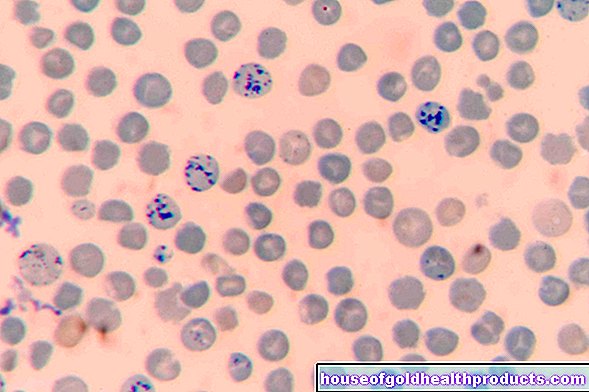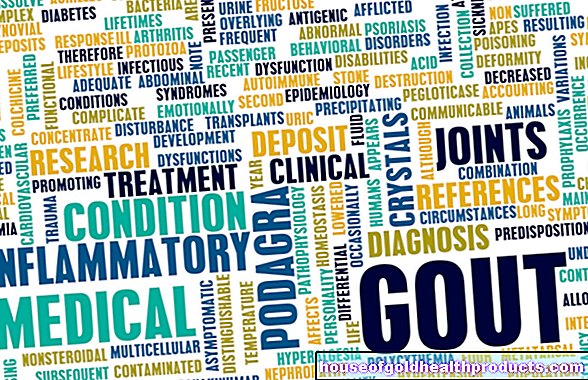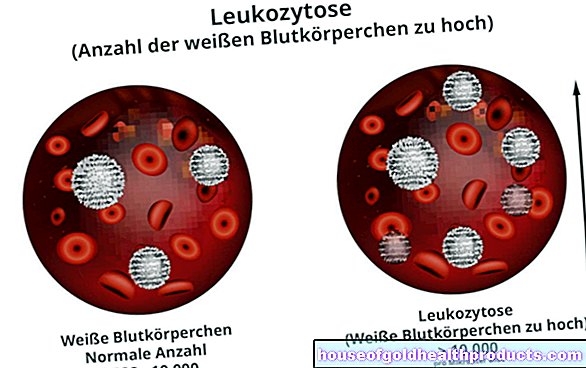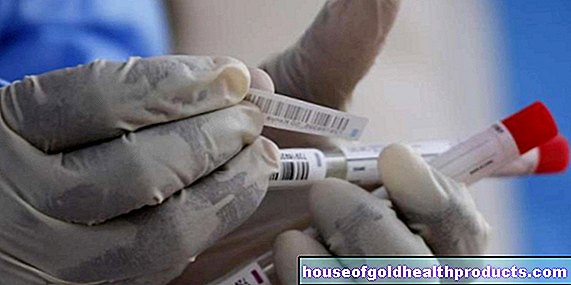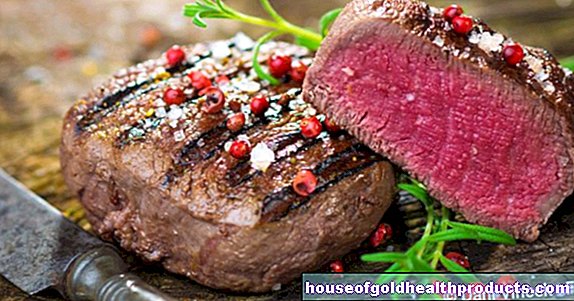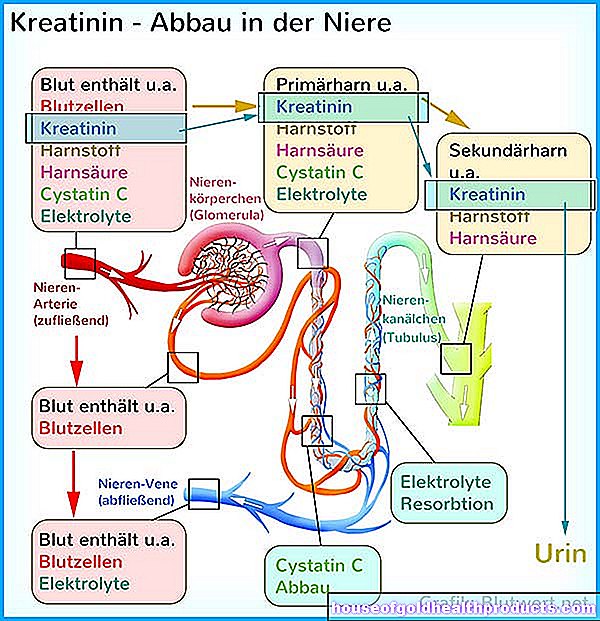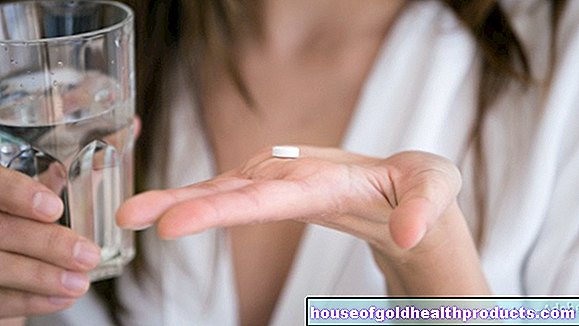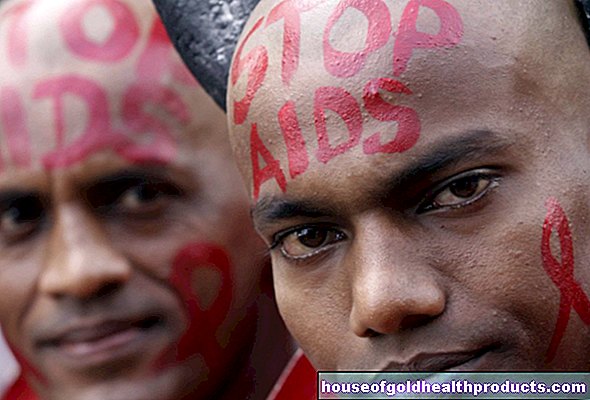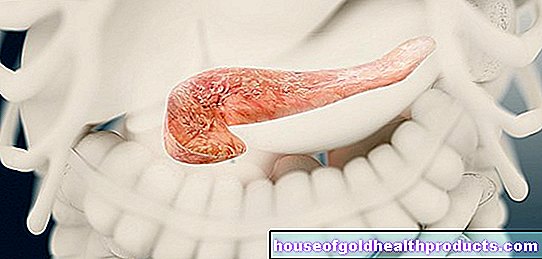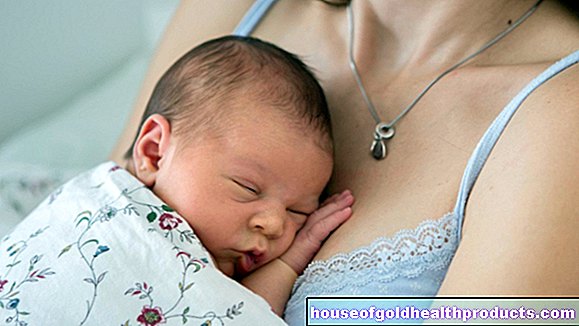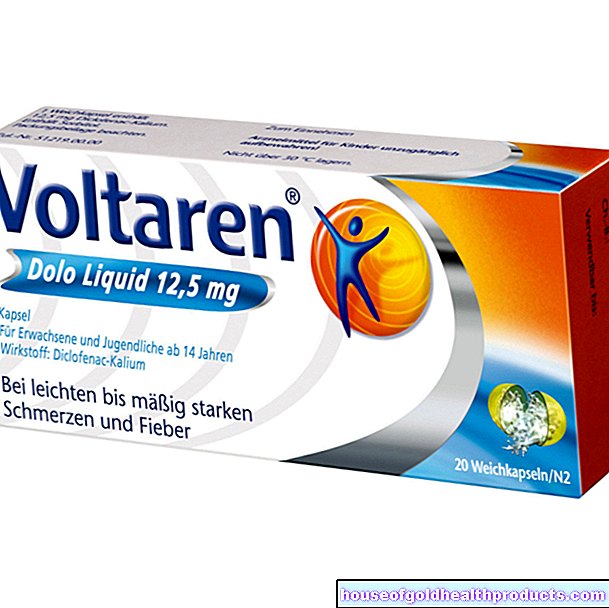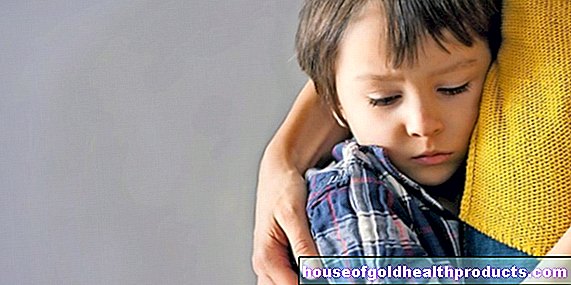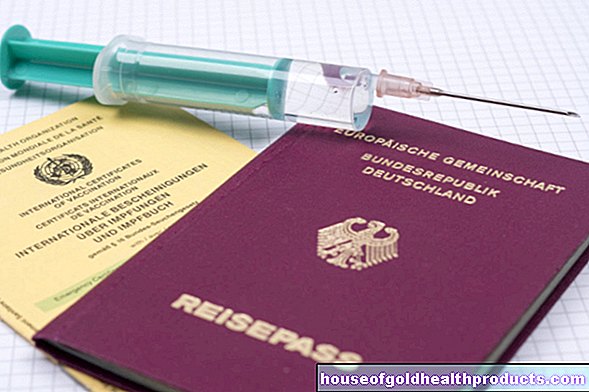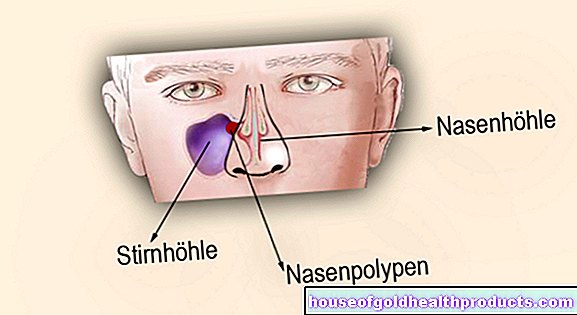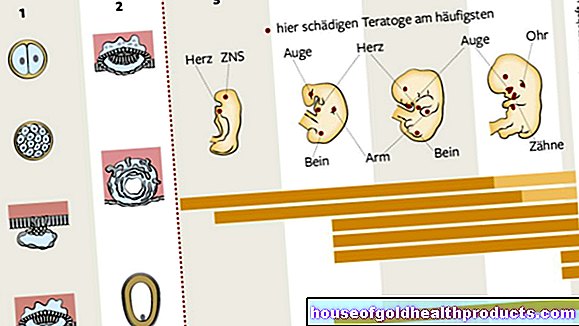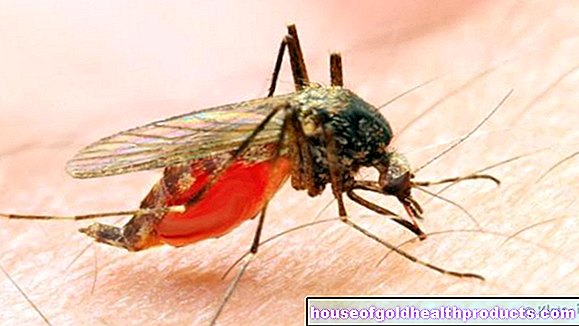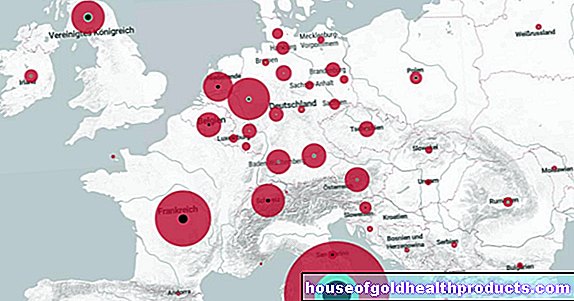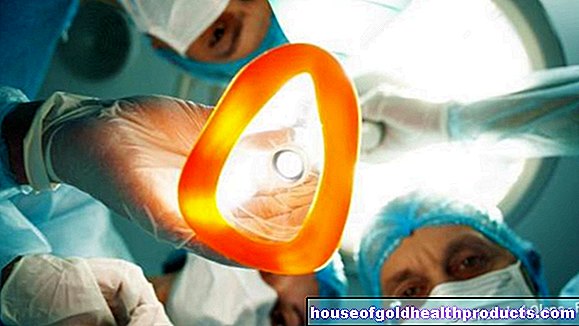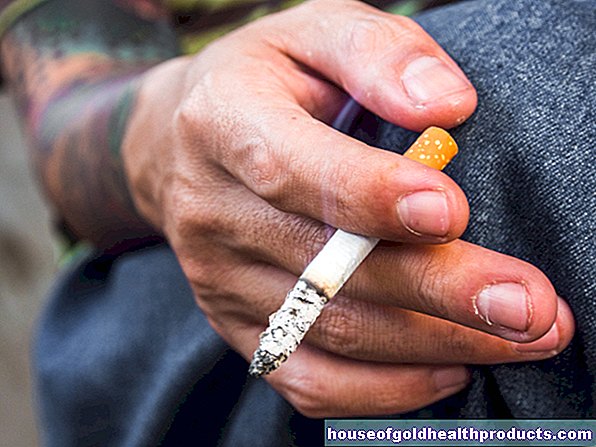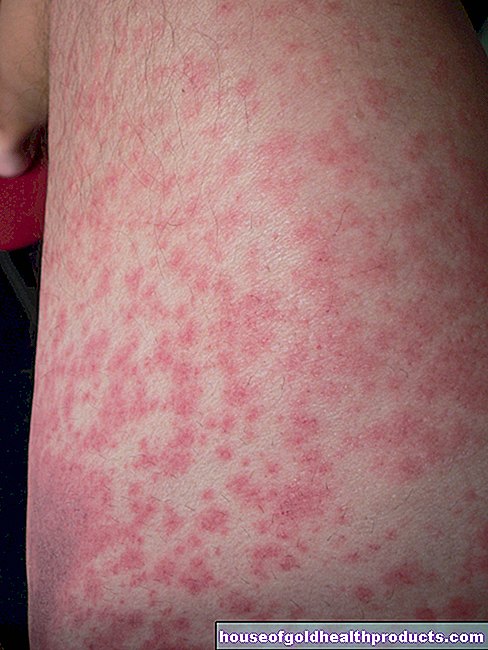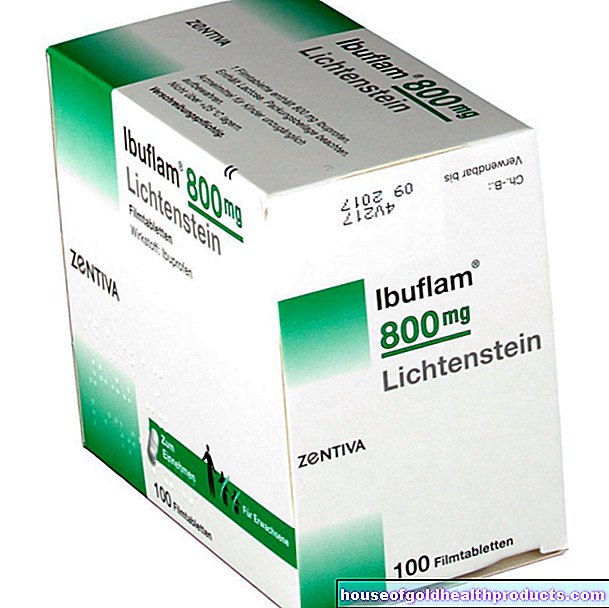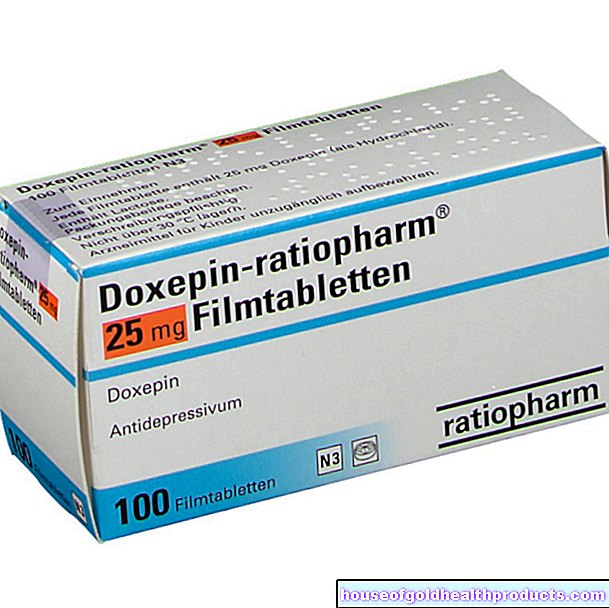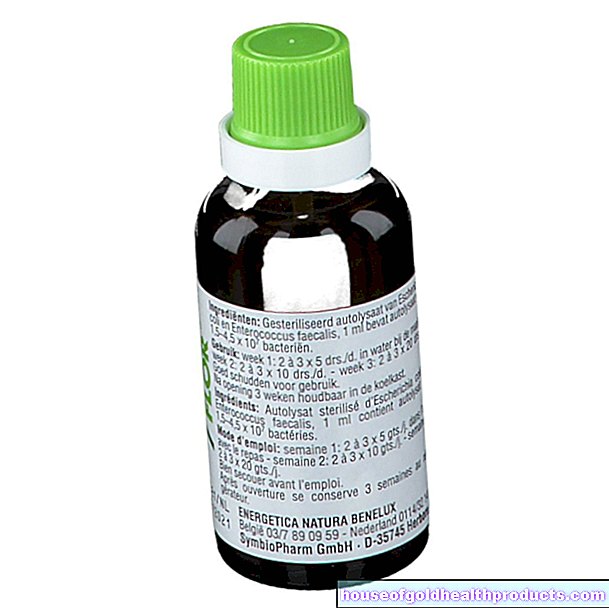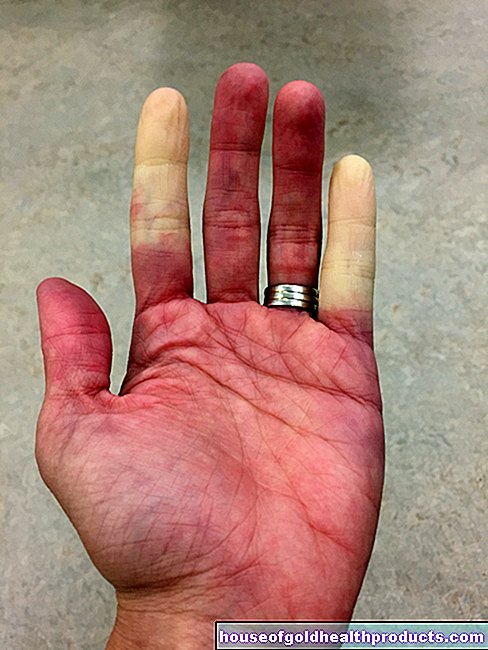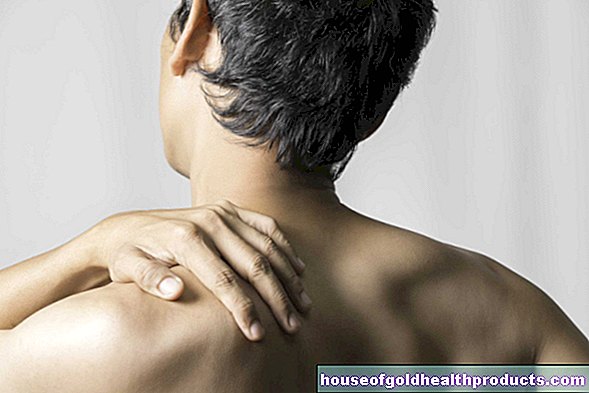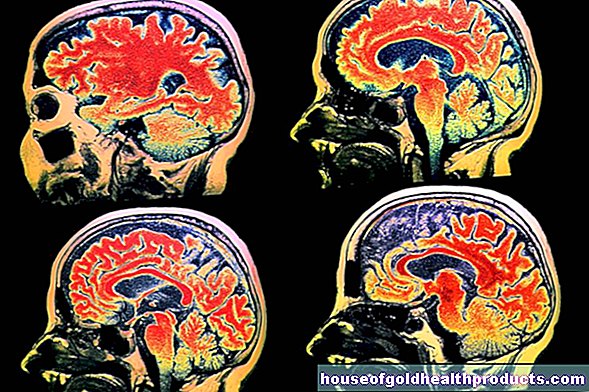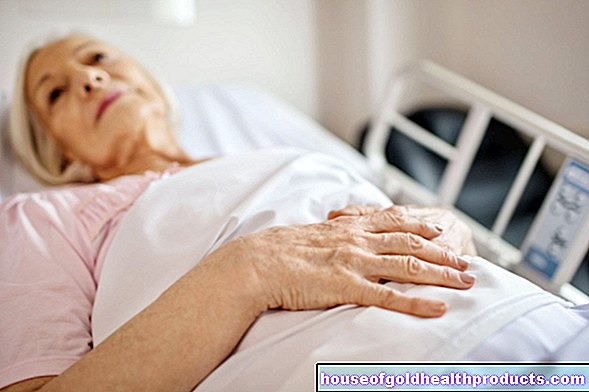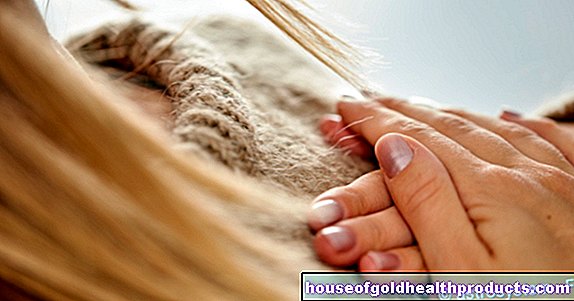High pulse, early death
All content is checked by medical journalists.Some people are apparently overclocked: a resting heart rate of more than 70 beats per minute is associated with a higher risk of premature death. This also applies to people who do not yet have any signs of cardiovascular disease.
The team led by Florian Custodis from the Saarland University Medical Center examined the extent to which the resting heart rate is related to mortality. To do this, they determined the pulse rate of 4,318 people with an average age of 59 years and then observed them over a period of around nine years. The result: People with a resting heart rate of more than 70 beats per minute had a 60 percent higher risk of dying within the observation period than participants with a lower resting heart rate.
Almost doubled the risk of a heart attack
The probability of dying from a heart attack was even 90 percent higher for the high-revving participants. This also applied to people who, for example, had not yet shown any signs of arteriosclerosis. This can be read from the condition of the coronary arteries - if deposits have formed here that restrict the blood supply to the heart, the risk of infarction increases. The scientists also took into account whether the participants were already taking blood lipid or heart rate lowering drugs.
Sport lowers the pulse
However, a resting heart rate of 70 beats per minute is quite normal. In adults it is usually between 60 and 80 - in children and the elderly, the pulse is on average significantly higher, while athletes have a lower pulse - in them the heart has adapted to the load. It is more powerful, sometimes even a little larger, and can therefore supply the body with blood with fewer strokes when it is at rest. With sport, especially endurance training, the resting heart rate can be lowered in a targeted manner.
Measure resting heart rate
Everyone can easily determine their own resting heart rate. To do this, sit down and relax for a moment. Then place two fingers on the inside of your wrist or on the sides of your chin on the carotid artery where you can feel it. Now stop for 15 seconds using a clock and count your pulse beats during this time. Then multiply the number by four. (cf)
Source: Press release German Society for Cardiology, April 11, 2015, DGK abstract V 122: F. Custodi: Heart rate is an independent predictor of all-cause mortality and myocardial infarction in the general middle-aged population
Tags: skin care first aid medicinal herbal home remedies